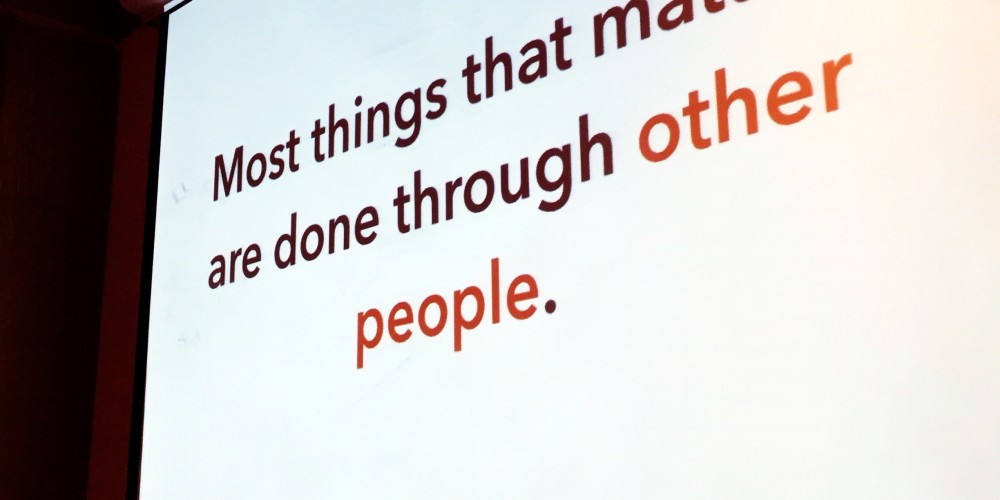Where do you find good people?

I am often asked: “Where do I find good people for my organization?”
Good employees are scarce, and employers seem to struggle to find them. They imagine there is a secret to this process, and they want to uncover it. You can’t blame them, for an organization is a collective endeavour: without excellent team members, it won’t go far at all.
But there is something flawed in the very question being asked.
Let’s start with what is meant by “good.” Many leaders who ask the question have a particular, idealized image of the “good” employee in their heads: someone who is intensely loyal, very grateful to have the job, unquestioning and willing to follow instructions, and humble enough to regard whatever pay is offered as generous.
If that is the good employee you’re looking for, good luck. People like that probably exist in fairy tales.
There’s also a problem with the word “find.” It implies these excellent employees are hidden somewhere, and the location of that hallowed place is known only to a special few. More practically, our employer is often asking whether there are recruitment agencies, websites or other repositories for finding great employees.
Again, may fortune shine upon you as you look for those places.
The truth is simply this: employees are as good or as bad as your organization is. If you run an organization that is dictatorial in style and where control-freaking is the norm, only the mindless and the unimaginative will appear to populate it. If you have designed an institution where the top tier of leaders take home most of the rewards, only the unambitious and the docile will appear to serve it.
There was a time when most organizations were exactly like the ones described in the preceding paragraph. In those days, “talent” was not scarce; only “qualifications” were. What we meant by “talent,” after all, was the willingness to work hard for others. And in an economy where stable jobs were few and capital was scarce, people did indeed line up for employment. They still do – on construction sites.
Talent becomes a “war” when we want more, much more from our employees. These days, we employ heads and hearts as well as just helping hands. We employ attitudes as well as skill sets. We want people who will wholeheartedly join a common mission, not just clock in to exchange labour for compensation. We need to have people who can think for themselves, who wake up motivated, who offer creative insight, and who work hard because it matters to them, not to their employer.
And that’s why we can’t “find” people.
The answer to the conundrum is right under our noses. The key is not in knowing where to look; it is in designing a place where people come to look. The answer lies in creating a workplace that attracts the right people. If your organization is struggling, the first thing to do is not to look for a new recruitment agent, but to walk around wearing a new pair of lenses and asking: “who would want to work here?”
Take a look at your recruitment process: is it stuck in the practices of decades past? Examine your pay policies: are you hopelessly uncompetitive? Do you offer the best people genuine growth and progression, or just a tunnel with no end? Do your managers seek insight and involvement from their juniors, or just blind obedience?
Great employers don’t struggle to find great people. Mediocre ones always do.
True talent, you see, does not seek to be employed; it seeks to matter. People who have choices exercise them. If the CVs that land on your doormat are mundane and unexciting, then you have done little to attract people to your mission.
Remember, whether you know it or not, you have an employment brand. What does yours say? Rigid, tightly controlled, stingy, stuffy, forbidding? Or fresh, fun, fast-growing? What do your employees tell their friends about their workplace? What’s the buzz out there about what life is like in here?
And so: where do you find good people? You don’t. Fundamentally, they find you.

Buy Sunny Bindra's new book
The X in CX
here »
Popular Posts
- You are who you hang out withSeptember 28, 2025
- Why your mother was right about your anxietyOctober 12, 2025
- Born knowing the waySeptember 21, 2025
- The balance sheet that mattersOctober 5, 2025
- The art of the CX rescueSeptember 14, 2025















